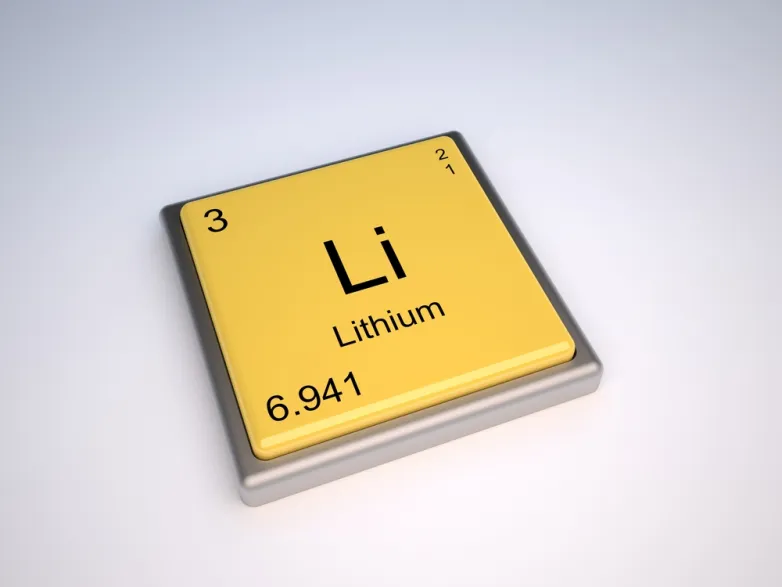Deployment of Li-ion Batteries in Solar PV system
- Depletion of fossil fuels, climate change and global warming were the driving factors for investment in the field of renewable energy. The renewable technologies can play a vital role in mitigating or slowing down of energy insecurity, energy prices and climate change globally.

The globally grown renewable technologies are wind energy, solar energy and bioenergy. The intermittent behavior of renewable technologies like solar and wind is of considerable concern. There are three factors that can advocate that why it’s golden time for Li-ion batteries to be adopted for energy storage to overcome the intermittency of solar energy. These factors include global warming as well as climate change threats, higher deployment rates caused by additional generation in energy system due to intermittent behavior of solar energy and continuous fall in Li-ion batteries due to recent development in Li-ion batteries [1][2].
The development in the field of Li ion batteries is bringing down the cost of Li ion batteries. With decreased cost, Li ion battery will be able to withstand the battery market in term of revenue as well as application. After the success story of Li-ion batteries at small scale application in cell phones, calculators and other electronic devices, Li-ion battery is making its way toward mass level energy storage to deal the intermittency of solar energy. Li-ion battery possess many potential advantages over lead acid battery which make it better choice for replacement of lead acid battery for residential as well as commercial energy storage. Li-ion batteries in recent years have been regarded as standard in Solar Photo-Voltaic industry. The expected life time of Li-ion batteries is 15 years in comparison to lead acid battery which hardly goes around 5 to 7 years. Li-ion battery is safe to use in ventilated as well as closed environment as Li-ion batteries emit no gases unlike other batteries [3]. The energy density, depth of discharge and system efficiency is lower in case conventional battery storage system. Thus, storage system of solar PV system is larger resulting in un-necessary capital and maintenance cost. Conversely, Li-ion batteries have 100% depth of discharge with system efficiency exceeding 90%. As energy density of conventional batteries is less so number of batteries required will be more, occupying more space. In home application space is not an issue but depth of discharge and life span are. So, if Li-ion batteries are used in solar PV systems which are designed for 20 years life span, then 15 to 20 years life span of Li-ion batteries means that PV solar system will require no further maintenance cost and electricity bill to pay. Moreover, Li-ion batteries are easily compatible for most of voltage with inverters and charge controllers due to their matching feature with conventional batteries[4].
The net metering concept in developed countries has created boost environment for solar PV industry in which solar energy is directly coupled with grid using inverter. But in developing countries, most of solar PV systems are in remote area and need battery storage system for backup. Due to higher cost of Li-ion batteries they are less affordable to these remote area population. This is major obstacle in mass introduction of Li-ion batteries to be used a primary storage option in solar PV system. [4].
The cost of Li-ion batteries per kWh is two to three time greater than conventional batteries. Per kWh cost of Li-ion battery lies between 400$ to 700$ while this cost is 150$ to 200$ for conventional batteries. But it’s worth mentioning here that capital cost of batteries does not depicts their economics as whole rather transportation, installation and maintenance cost also play a vital role. Conventional batteries have less charge/discharge cycle (500-2500) and life time as compared to Li-ion batteries (2000-4000). Therefore, conventional batteries needs to be replaced on regular interval. Thus cost in term of energy stored throughout life time is less for Li-ion (0.35$/kWh) than conventional batteries (0.40/kWh) [3]. Li-ion batteries can work in extreme environment and have long life time as well as higher operational efficiency. So there would be no need to replace batteries once installed with PV solar system. If batteries are to be used as just backup storage then Li-ion batteries do not find its place in the race as with low depth of discharge and cycle, conventional batteries are good to go but if batteries are too be used regular and for higher energy demand then there is no way out except Li-ion batteries having higher energy density. In this scenario, investment in Li-ion batteries will be a better bet [5].
No doubt, Li-ion batteries are potential candidate for energy storage option in solar PV system but their price need to be reduced in order to be fully adopted by solar PV industry. Reduction in prices can be achieved by virtue of advancement in Li-ion battery construction materials and its mass production.
References:
[1] M. Olsson and C. A. Wiborg, “Shifting the sun: Can coupling Lithium-ion batteries with solar power be economically justified in a Dutch setting?,” 2018.
[2] T. Chen et al., “Applications of Lithium-Ion Batteries in Grid-Scale Energy Storage Systems,” Transactions of Tianjin University, vol. 26, no. 3. Tianjin University, pp. 208–217, Jun. 01, 2020, doi: 10.1007/s12209-020-00236-w.
[3] H. Keshan, J. Thornburg, and T. S. Ustun, “Comparison of lead-Acid and lithium ion batteries for stationary storage in off-grid energy systems,” IET Conf. Publ., vol. 2016, no. CP688, pp. 1–7, 2016, doi: 10.1049/cp.2016.1287.
[4] B. Diouf and R. Pode, “Potential of lithium-ion batteries in renewable energy,” Renewable Energy, vol. 76. Elsevier Ltd, pp. 375–380, Apr. 01, 2015, doi: 10.1016/j.renene.2014.11.058.
[5] “Are Lithium Ion Solar Batteries the Best Energy Storage Option?” https://www.solarreviews.com/blog/are-lithium-ion-the-best-solar-batteries-for-energy-storage (accessed Feb. 07, 2021).
Also read

